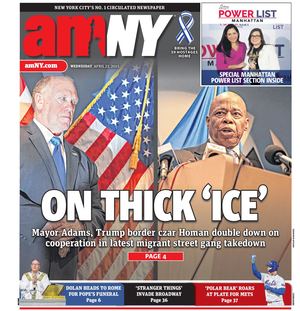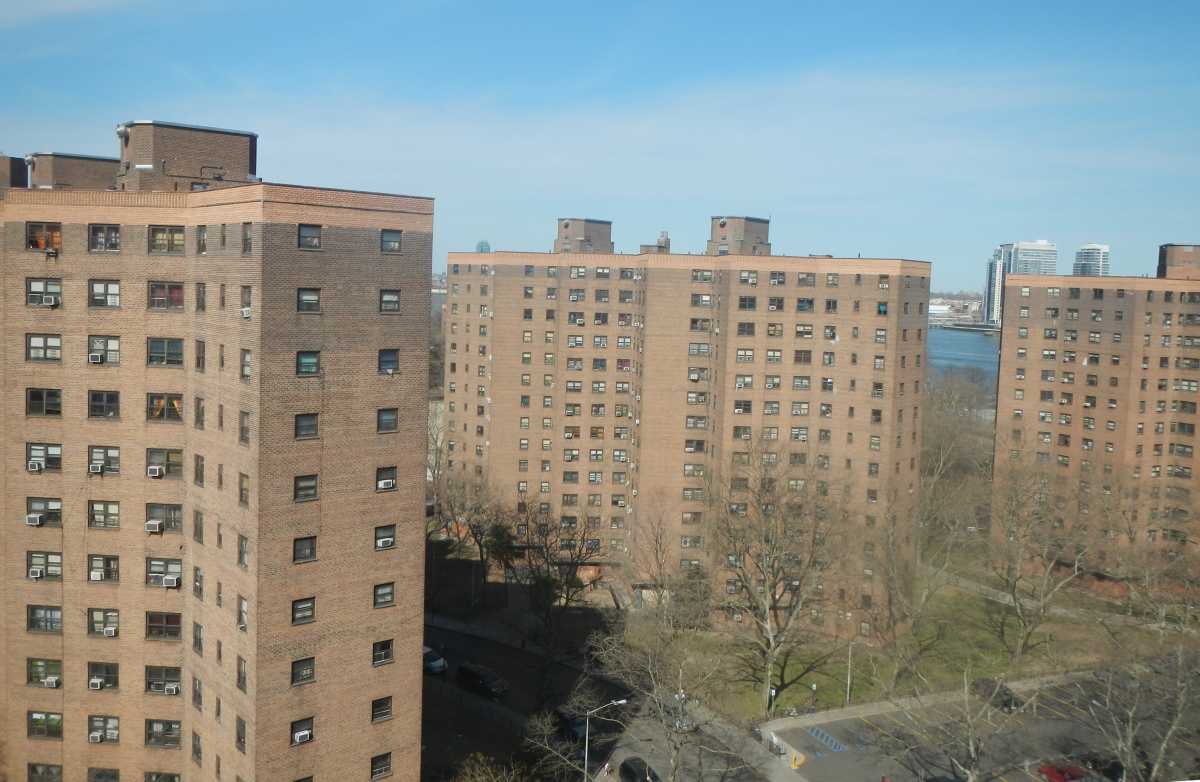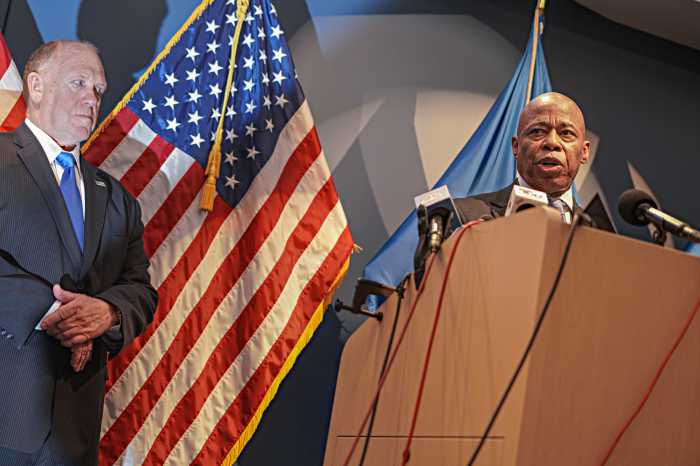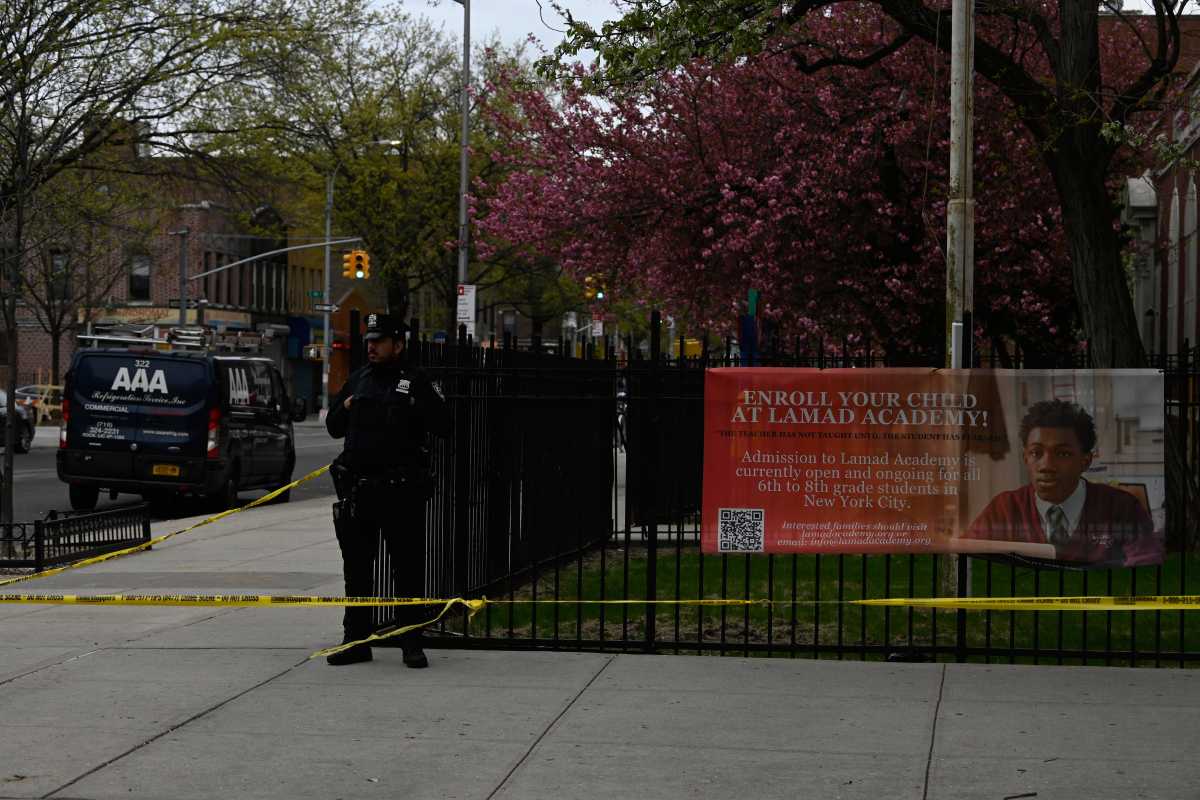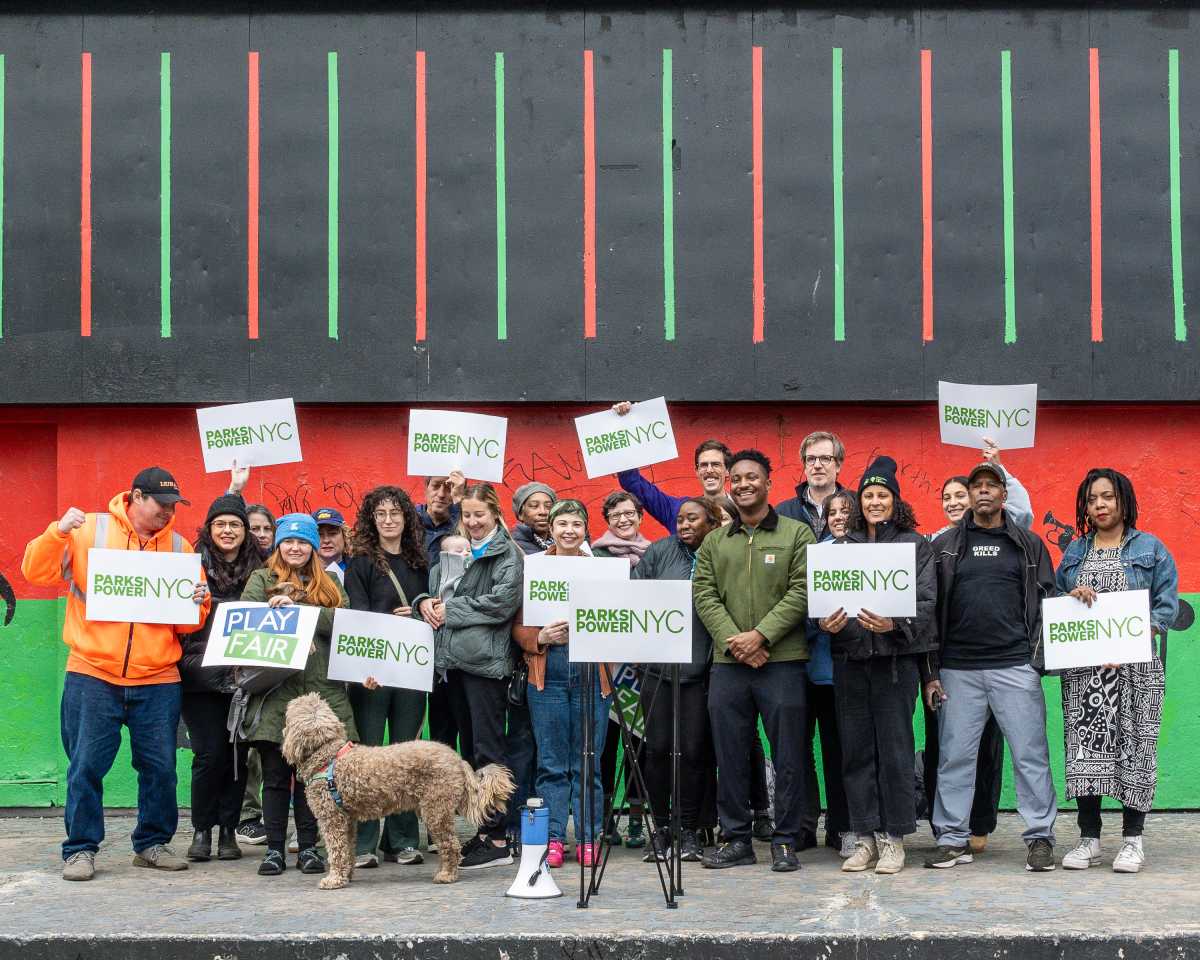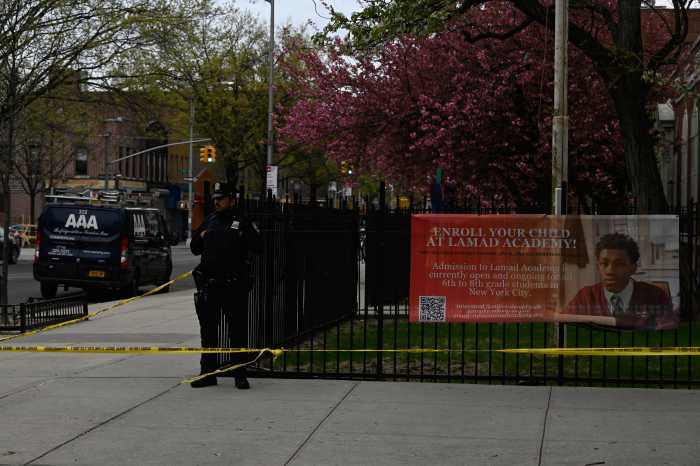New York Attorney General Letitia James has filed an amicus brief expressing her support for a lawsuit filed last year against the New York City Housing Authority (NYCHA) for allegedly leaving hundreds of thousands of tenants without heat and hot water during a recent winter.
The tenants’ class action lawsuit was filed in 2018 in New York County State Supreme Court. It claims that NYCHA failed to meet minimum standards of habitability for hundreds of thousands of its residents during the winter of 2017-18, violating state law. The lawsuit seeks damages and injunctive relief regarding services for heat and hot water.
NYCHA has claimed it is federally preempted from the lawsuit, based on a separate settlement it reached with the U.S. Department of Housing and Urban Development (HUD), which addressed overlapping allegations. That settlement included NYCHA agreeing to make reforms under supervision by a federal monitor.
This year, the New York County State Supreme Court ruled in favor of NYCHA regarding the lawsuit, saying the settlement with HUD preempted state-law claims. The tenants in the lawsuit have appealed that decision to the Appellate Division, First Department, where AG James filed the amicus brief.
“As New Yorkers suffered through the cold winter, NYCHA sat by as hundreds of thousands of New Yorkers went without heat or hot water,” said James after the brief was filed. “The unfortunate truth is that no one should be shocked that the New York City Housing Authority sits atop the city’s worst landlord list with nearly 175,000 complaints, but we should all be appalled. Safe, habitable housing should be a right for every New Yorker, which is why I will continue to fight to ensure NYCHA and every landlord in New York lives up to that standard.”
“The State’s regulation of housing is a core exercise of its police power to protect the ‘health and safety’ of its residents,” James writes in the amicus brief, “and thus an essential element of its sovereign right to govern.” The brief continues, “Federal preemption in an area traditionally occupied by the states encroaches on the states’ prerogative to regulate matters of local concern, including ensuring the adequacy of housing for low-income individuals.”
NYCHA did not immediately respond to a request for comment.
